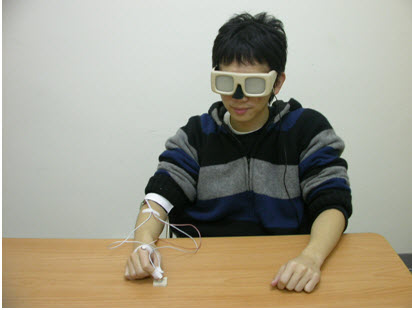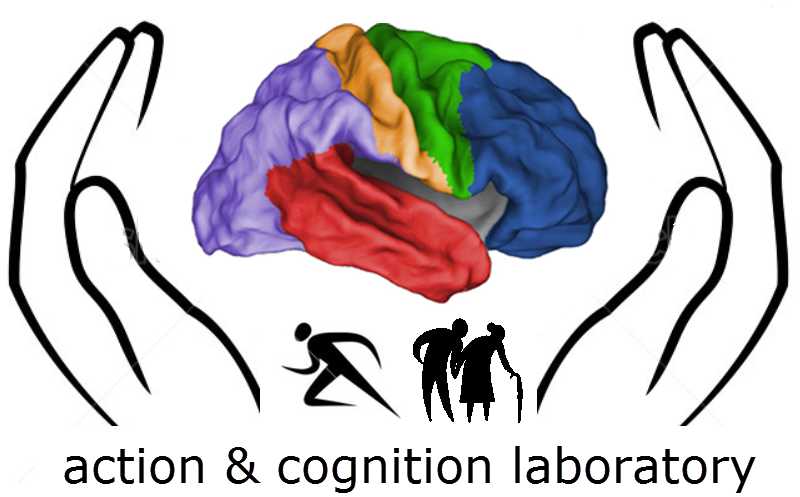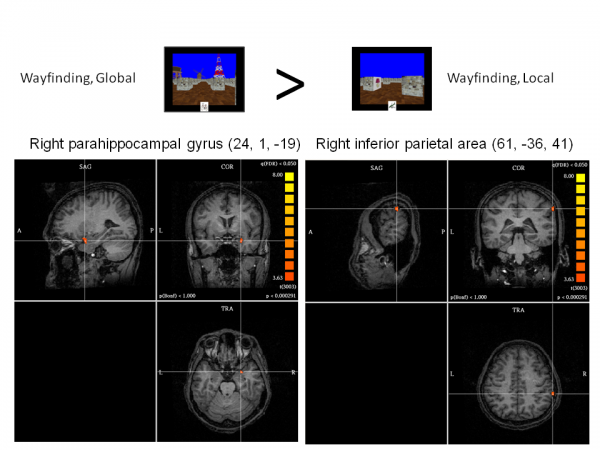Difference between revisions of "Action & Cognition Laboratory"
From ACL@NCU
| Line 20: | Line 20: | ||
==About ACL@NCU== | ==About ACL@NCU== | ||
{|width="40%" | {|width="40%" | ||
|The Action and Cognition Laboratory was founded by [Erik_Chang |Dr. Erik Chang]in 2007, the research focuses on exploring the characteristics of human behavioural control and the brain mechanisms of influencing these characteristics. Ongoing research topics in ACL include: | |The Action and Cognition Laboratory was founded by[ [Erik_Chang |Dr. Erik Chang]]in 2007, the research focuses on exploring the characteristics of human behavioural control and the brain mechanisms of influencing these characteristics. Ongoing research topics in ACL include: | ||
|- | |- | ||
|<p></p> | |<p></p> | ||
Revision as of 18:35, 4 August 2016
News
<marquee scrolldelay=500 direction="up" behavior="scroll" height="5%">
| 2016-08 | Prof. Chang got awarded a 3-year MOST grant to study cognitive ageing and inhibitory mechanisms. |
| 2016-06 | Hsiang-Yu received the Government Scholarship to Study Abroad from Ministry of Education. |
| 2016-06 | Maggie received the award to attend international conference (OHBM) from the Ministry of Education. |
| 2016-05 | Zai-Fu defended his master thesis successfully! Congratulations! |
</marquee>
About ACL@NCU
| Dr. Erik Chang]]in 2007, the research focuses on exploring the characteristics of human behavioural control and the brain mechanisms of influencing these characteristics. Ongoing research topics in ACL include: |
| 1. Life span changes in motor control and higher cognitive functions |
| 2. Influence of cognitive and physical training on brain/behavioral plasticity |
| 3. Hypnotic modulations on motor control and numerical cognition |
| 4. Individual difference in human spatial navigation |
| In terms of observing and recording behaviour, our lab now has PhaseSpace systems for motion tracking and position sensing, which could digitised the limb performance as 3D position online for examiners to analyse body movements. Due to needs of displaying actual items for the experiments of exploring human behaviour control, our lab equipped Plato Visual Occlusion Spectacles, which are able to change rapidly between transparent and light scattering and further control the timing of when visual information is presented to an experimental subject. |

|
| In relation to exploring the brain mechanism, our lab has been cooperating with Integrated Brain Research Unit from Taipei Veterans General Hospital for fMRI techniques, exploring brain areas of spatial navigation and working memory. We have also been collaborating with Brain Research Centre from National Chiao Tung University for the technique of combining virtual reality with analysis of brainwave frequencies, which exploring the changes of brain potential that relates to spatial navigation. |

